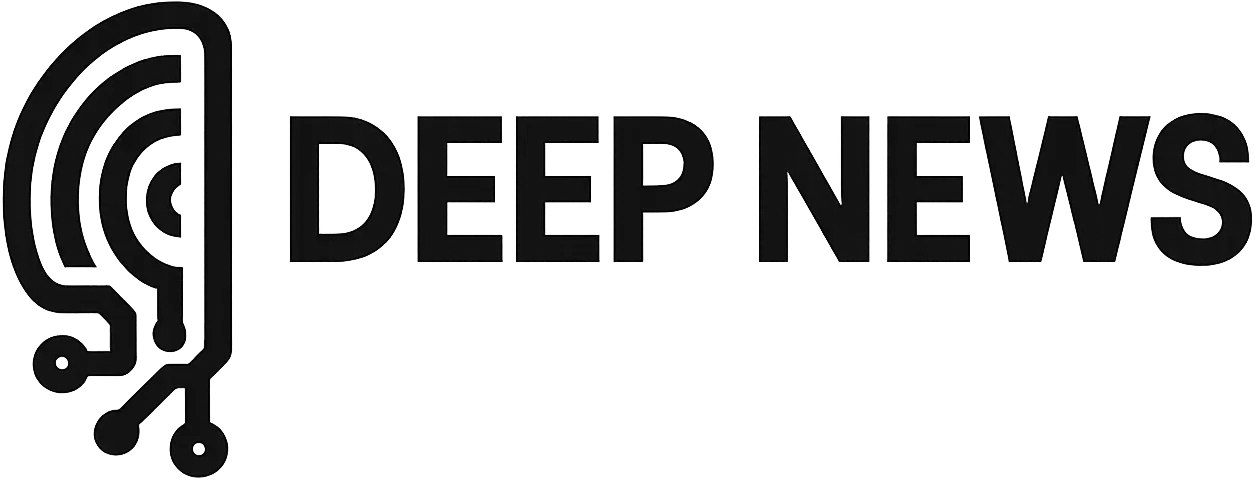As we step into an era where government surveillance and control over the internet are becoming increasingly prevalent, the future of privacy is at a critical juncture. The digital landscape is evolving, and with it, the need for anonymity and freedom online is more pressing than ever. While many associate the Tor network and the dark web with illegal activities, this perception overlooks their potential as vital tools for privacy and freedom of expression.
The Tor network, short for “The Onion Router,” is a decentralized platform that allows users to browse the internet anonymously. It achieves this by routing internet traffic through a series of volunteer-operated servers, obscuring the user’s location and identity. This technology is not just a haven for illicit activities; it serves as a lifeline for activists, journalists, and everyday users seeking to protect their privacy from prying eyes.
In countries with oppressive regimes, where freedom of speech is stifled, the Tor network provides a safe space for individuals to express their thoughts without fear of retribution. It empowers users to access information freely, bypassing censorship and enabling them to connect with the global community. The dark web, often misunderstood, is a realm where anonymity fosters creativity and dissent, allowing voices that might otherwise be silenced to be heard.
Many people are unaware that using the Tor network carries minimal risks when approached correctly. While it is true that the dark web can host illegal content, the vast majority of users utilize Tor for legitimate purposes. By following best practices—such as avoiding sharing personal information and using secure connections—users can navigate this space safely. The Tor network is designed to protect users, not expose them.
As governments continue to tighten their grip on internet access and privacy, the importance of tools like Tor will only grow. The future of privacy hinges on our ability to reclaim control over our digital lives. By embracing technologies that prioritize anonymity, we can resist the encroachment of surveillance and censorship.
The Importance of Anonymity and Freedom on the Internet Today
In an age where our lives are increasingly intertwined with digital technology, the need for anonymity and freedom on the internet has never been more critical. As governments and corporations expand their surveillance capabilities, the implications for personal privacy and freedom of expression are profound. Here are several key reasons why these principles are essential in today’s digital landscape.
Protection from Surveillance
With the rise of mass surveillance programs, individuals are often monitored without their consent. Anonymity serves as a shield against unwarranted scrutiny, allowing people to express themselves freely without fear of being watched. This is particularly important for those living under authoritarian regimes, where dissent can lead to severe consequences.
Freedom of Expression
Anonymity fosters an environment where individuals can share their thoughts, opinions, and experiences without fear of backlash. This is crucial for activists, journalists, and whistleblowers who may expose corruption or human rights abuses. By protecting their identities, we encourage a more open dialogue and a healthier exchange of ideas, which is vital for a functioning democracy.
Privacy as a Human Right
The right to privacy is recognized as a fundamental human right. In a world where personal data is commodified and exploited, maintaining anonymity online is essential for safeguarding this right. Individuals should have the autonomy to control their personal information and decide who can access it.
Encouraging Innovation and Creativity
Anonymity can also spur innovation and creativity. When individuals feel free to explore ideas without judgment, they are more likely to take risks and think outside the box. This can lead to groundbreaking advancements in technology, art, and social movements, enriching society as a whole.
Protecting Vulnerable Populations
Certain groups, such as LGBTQ+ individuals, victims of domestic violence, and political dissidents, often rely on anonymity to protect themselves from harm. The ability to seek support and connect with others in similar situations without revealing their identities can be life-saving. Anonymity provides a safe space for these individuals to express themselves and seek help.
Counteracting Misinformation
In a world rife with misinformation, anonymity can serve as a double-edged sword. While it can facilitate the spread of false information, it also allows for the dissemination of truthful, counter-narrative voices. Anonymity can empower individuals to challenge dominant narratives and provide alternative perspectives that might otherwise be silenced.
Conclusion
In conclusion, the need for anonymity and freedom on the internet is paramount in today’s society. As we navigate an increasingly monitored and controlled digital landscape, these principles are essential for protecting individual rights, fostering creativity, and promoting open dialogue. Embracing anonymity not only safeguards personal privacy but also strengthens the foundations of democracy and human rights.
Tor network is not merely a refuge for the illicit; it is a beacon of hope for those seeking freedom and privacy online. As we move forward, it is essential for more people to understand the benefits of using Tor. To download the Tor Browser safely and begin your journey toward enhanced privacy, visit the official website at torproject.org. Embrace the future of privacy and take control of your digital identity today.

